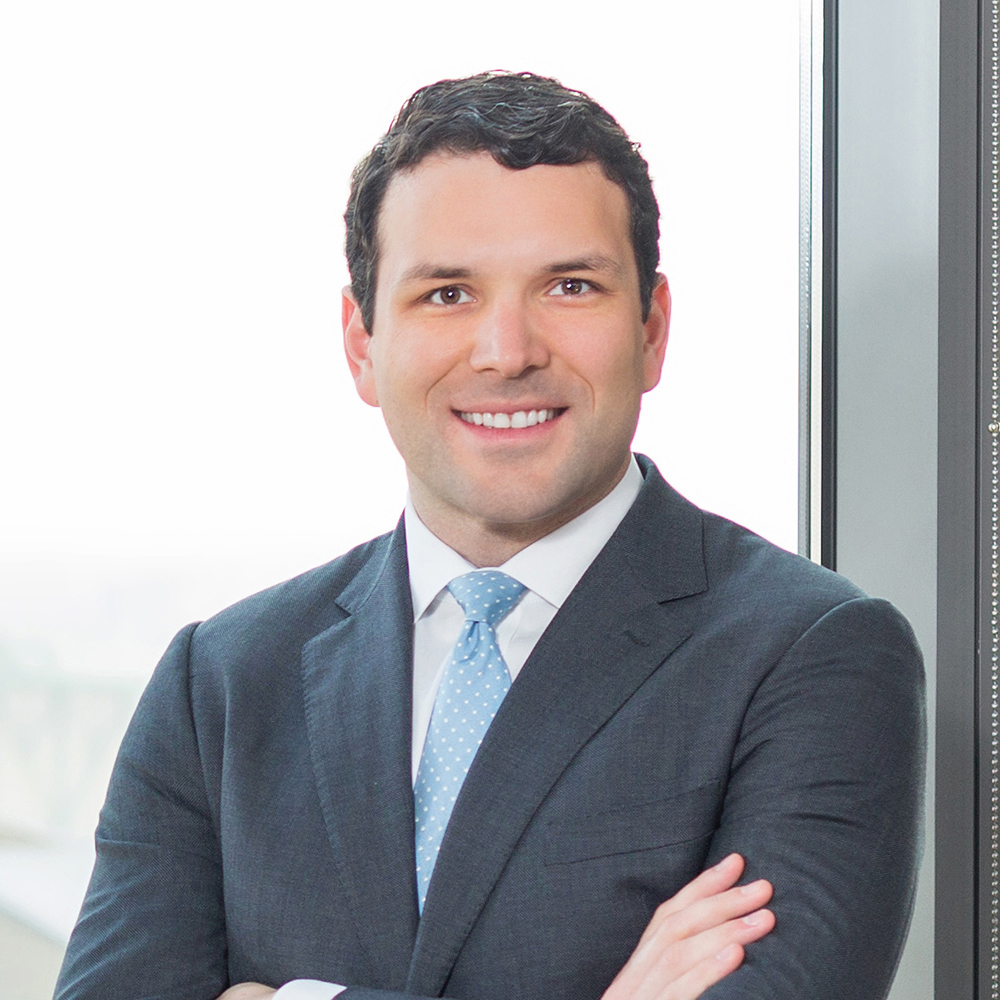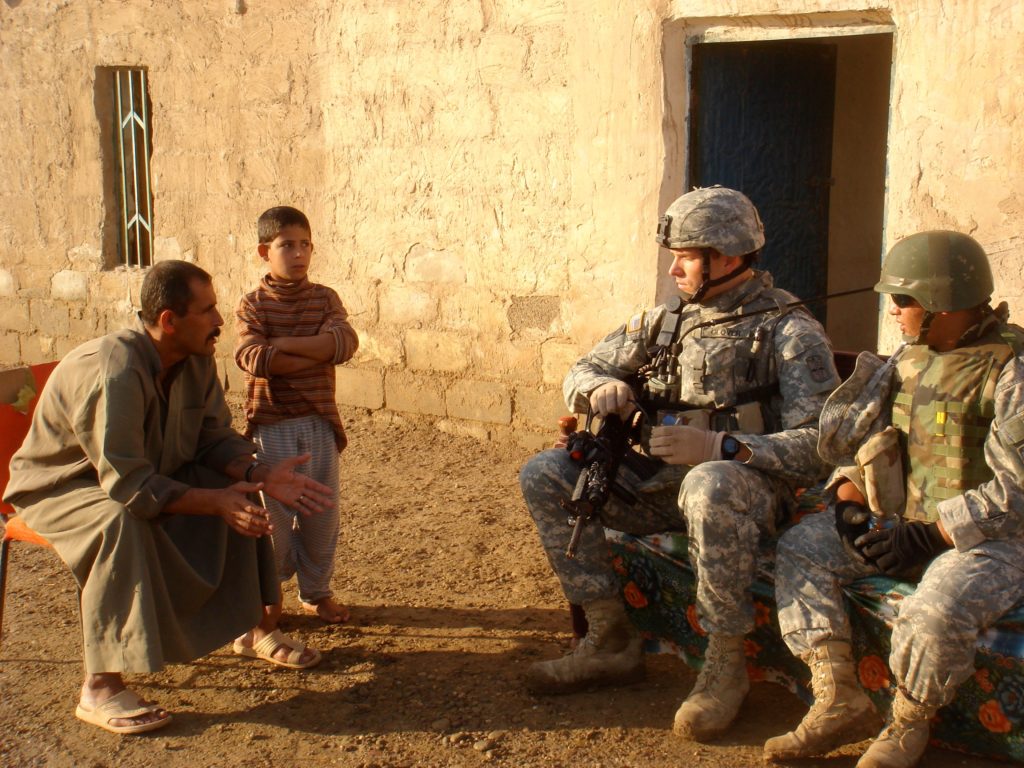“I think I want to go here.”
Those simple words effectively ended the phone call to my parents from the pay phone at Newark International. I called as I waited for my return flight back to Texas, and it was as unexpected a message as any I could have delivered. I had just finished my recruiting visit to West Point in the dead of the upstate New York winter, so my parents surely thought that I was only calling to tell them that my flight was on time and I’m glad I went for the tour.

Instead, I announced that I would be the first member of the family to join the Army. I am sure it was quite a shock, considering I had made housing deposits at other schools, so my parents could not muster many words before I had to hang up and board the plane.
I reported to West Point a few months later. It was the summer of 2001 and although conflict was something we trained for, it was far from certainty.
Until Sept. 11 changed everything.
As news spread that morning of the attacks being carried out just an hour south of post, classes switched from the day’s scheduled plans to watching the news unfold and discussing what this could all mean. I am proud to say that very few of my classmates left West Point, despite the uncertainty and concern over the challenges we were now sure to face. Our class went on to graduate exactly 911 men and women, for which we were dubbed “the class of 9/11” in 2005.
Fast forward a few years, and having traded out the cadet grays for Army greens, I was assigned to Fort Wainwright, Alaska. My unit was nearing the end of a 12-month tour in Iraq, and I had the good fortune of free time (with a lieutenant’s salary) in the Alaskan interior while I awaited their return.
But plans changed. The deployment was instead extended by several months and the unit was relocated to Baghdad.
So I was plucked out of the wilderness for my first deployment overseas and called forward to lead my first platoon. I can only imagine what the soldiers I was tasked to lead were thinking about this change of leadership to a cohesive and battle-tested unit. But I know what I was thinking. “Was I ready? Would we do it right?” Fortunately for this new team, we didn’t have much time to dwell on it. We made contact within five minutes of our first patrol together, staying just as busy until we returned to Alaska months later.
The extended deployment had been an experiment to see whether a surge of forces could bring the beleaguered Iraqi capital under control. For what it’s worth, it did, leading to a more robust surge in 2007. The soldiers I served with on that deployment and the next remain some of the best people I have ever known.

I am most grateful to the military for access to experiences like that one in my most formative years. The Army took the parts of my character that I attribute to my family and my upbringing in Abilene and brought them into focus, sharpening them out of necessity in zero-sum situations. In this way, concepts like integrity, preparation, loyalty, teamwork and respect changed from good ways to live to critical parts of success and, at times, survival.
I wouldn’t trade a day of it.
When it came time to leave the Army in 2010, it was important to me to leave one profession that I came to understand as fundamental to our way of life for another. I am grateful to have landed among such good people as the ones at Jackson Walker, where our unofficial motto is that we take our work seriously, but we don’t take ourselves seriously. The quiet professionalism I appreciated in the Army echoes here in important ways and makes for a great place to practice law.
It is hard, though, to reflect on any of this without mentioning my wife and the best lawyer in our family, Julie. We met in law school and she’s now in-house with a prominent real estate development and investment firm. Without my time in the Army between undergrad and law school, our paths wouldn’t have crossed. So in a way, I owe the military that one, too.
The Army taught me how to separate what is essential from that which is only nice to have, and what endures from that which is only fleeting. Things like family, friends, community and looking out for those to our left and our right will always matter more than the iterative stress of the day or at the very least, help me put it into proper perspective. In that way, the practice of law is my daily reminder of how important this profession is to an ordered nation of laws like ours and the American experiment that was guaranteed by those who have sacrificed more than any of us can ever imagine.
Joel Glover is a trial and appellate associate in the Houston office of Jackson Walker and a 2005 graduate of the U.S. Military Academy at West Point.
